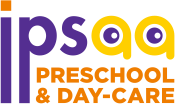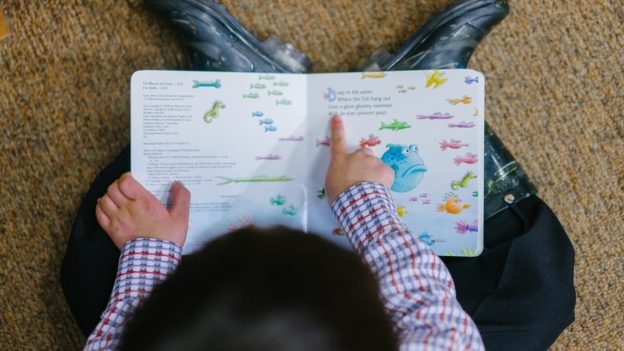From the moment they are born, children are already laying the foundation for language acquisition, as they begin to discern individual sounds and words.There are a number of stages that children will need to go through in order to develop speech & language skills.
Children develop communication skills from birth. They rely on speech, language and communication to be able to learn starting from childcare – to pre-school while socializing and playing with their friends to reach their full potential.Speech and language development plays a critical role in children’s social development, their behaviour, their learning of early literacy skills and in the development of their self-esteem.
To develop these skills children need to:
• Learn to understand words, sentences and conversations known as ‘receptive language’.
• Learn how to talk using words and sentences known as ‘expressive language’.
• Know how to use their language socially. For example, listening as well as talking, or talking to a teacher differently than to a friend known as ‘pragmatic language’.
• Say speech sounds correctly so others can understand them.
Children begin to understand words before they can say them. They then learn how to say these words and how to put them together to make sentences.
Children develop speech, language and communication skills at different rates. Some develop quickly, while others may take longer.
Children are learning to communicate with us even from birth and their understanding of language begins soon after.
To encourage your child’s speech and language development:
• Start talking to your child at birth. Children start to understand the language we use long before they can use it themselves.
• We can talk to our children about what we are doing and what our plans are for the day. The more children hear and see us speak with them, the quicker they will be able to learn how to talk themselves.
• Respond to your baby’s coos and babbling as your baby’s attempts at conversation. Pause and take turns listening and talking – you are starting to teach your child important social skills.
• Play simple games with your baby like peek-a-boo. Play is a great opportunity for face-to-face language based interaction with your child.
When your child is talking to you,
• Make sure you listen patiently to what he is trying to say. Look at him and give him as long as he needs to respond. Make sure you acknowledge your child when he is talking and answer his questions to reinforce his efforts.
• Read books aloud to your baby or young child. Make this part of your daily routine and
encourage a love of reading.
• Ask questions, tell stories and sing songs together
Ipsaa is passionate about supporting families with the development of each child in their fundamental first five years. Ipsaa use many strategies to support children’s language development in our centres including:
• Reading and sharing books with children
• Following children’s lead – for example, a child may point at a banana and say “na-na” Our
Mentors will respond with a smile, and say something like “Yes! Bananas are yummy aren’t they? I had banana on my porridge this morning”
• Narrating the everyday moments, such as nappy change time, transitions, and outdoor play. We use speech to describe to the children what is happening in their world.
• Responding to children – when children cry, shake their head, or point to something, our
Mentors will respond with speech, providing the building blocks for future language learning.
A quote ‘play is the work of childhood’ Even when your child is playing silently, they are developing skills that they will carry with them and use later. Moreover, this starts the day they are born! As they grow and develop, they begin to learn more and more complex ideas through play.
All of this –and oh, let’s not forget the endless variety of development of mind, body, and temperament– makes for quite a demand on even the most motivated parent looking to “make a connection” at every turn.
Seems intuitive, right? Well, just as the job of good parenting can be about as complex and nuanced as anything, being merely “in the presence of” compared to being seriously present for your child can yield significantly different results in speech and language development. So, to enhance their developmental skills, designate times to be with just your child. Put away your phone, turn off the TV, and get down to his eye level. Block 15-30 minutes for your little one and make it his/her time, either planned or in the moment. Although some days might feel just too busy, your little ones will benefit from simply having you on the floor next to them while you catch up on emails, develop that report, or finish that last bit of work. Now that is multitasking.


